BY VICTOR AKHIDENOR
One of Fela Anikulapo-Kuti’s tracks, Open and Close, starts with an antithesis: “I wan to tell you a story, no be story o…” And like this 1971 song, this article is not a story. Rather, it’s a fact-check on a story with the story told still being retold!
The title was “The Legend of Fela”. However, the author, Njideka Agbo, writing in The Guardian on Thursday, August 2, 2018, did the Abami Eda no favours. In fact, part of the story would have made the music maestro squirm in his grave. To be fair to the author though, some were unforced errors but errors all the same. And like too many cooks, six errors spoilt the broth that was her effort in retelling the story of Africa’s greatest musician.
Like I said earlier, I will repeat her story and only interject whenever an error occurs so as to ensure a seamless flow in the telling and in the reading.
Especially in the reading.
Advertisement
So, in the words of the Abami Eda, “Let’s get down to the under ground spiritual game…”
On this day in 1997, Afrobeat legend Fela Anikulapo-Kuti died, and we take a look into his life and achievements.
Fela Anikulapo-Kuti was born Olufela Olusegun Oludotun Ransome-Kuti to an Anglican reverend and a feminist. His mother Chief Olufumilayo, was the first woman to drive a car in Nigeria.
Advertisement
After his secondary education, he was sent to study Medicine but, instead, went to Trinity College of Music. During this time, he formed a band named Koola Lobitos.
This is perhaps the mother of all errors on the Abami Eda! Fela was never sent to London to study Medicine, or Law, or whatever. He went there to study Music.
You doubt me? Hear this:
“Contrary to certain claims that Fela went to England initially to study Law because the educated middle-class views of the Ramsome-Kutis regarded music as a demeaning career for a family member of the ilk of a Kuti. I affirm here that Fela left the Nigerian shores with the blessing of his mother to study music. I guess if his father were alive, he too wouldn’t have objected to his son’s choice of career, bearing in mind that his grandfather and father were renowned for their musical prowess.”
That was Mabinuori Kayode Idowu in his book, Fela-Phenomenon & Legacy.
Still in doubt? Hear the Abami Eda himself in the book, Fela: This Bitch of a Life by Carlos Moore.
“Music was all I wanted to work at. And now that my father wasn’t there, it was easier to persuade my mother to let me go study music abroad.”
In 1960, he got married to the first of his 27 wives, Remilekun Taylor.
She wasn’t first of any 27 wives; she stood alone! As mother of Fela’s first three children, Remi was not on the same plane as the other wives. They knew this; Fela as well. First of 28 wives would have been less fallacious but wouldn’t have made it less wrong. In 1959 when Fela was 22, he met Remi (18) in London. And two years later, (January 7, 1961, not 1960) they got married. On February 18, 1978 (17 years after the union with Remi), Fela married 27 women in a collective solemnisation that took place at Parisona Hotel, Lagos, on the anniversary of the siege on Kalakuta Republic a year prior.
Advertisement
In 1967, he headed to Ghana where he named his style of music, Afrobeat. Two years later, he went to the US with his band where he got influenced by the Black Power movement and rechristened his band, Nigeria ’70.
This is not entirely false. Entirely because, yes, the idea was mooted in Ghana. No, it wasn’t in 1967 but ’68. But then, the idea only took flight on his return to Nigeria.
“So, when I got back to Lagos, I called the press, gave them money, and told them I was changing to Afrobeat,” says Fela in Moore’s book.
Upon his return to Nigeria, he renamed the band the Africa ’70 and began to address social issues with Pidgin English. He would go on to form the Kalakuta Republic, a recording studio, kick-off a nightclub, Africa Shrine, and change his name to Anikulapo.
Advertisement
As Fela became popular, so did the government’s distaste increase. With over 200 arrests, government raids became common in Kalakuta. After the release of Zombie, a song describing Nigerian soldiers, the government struck, beating him, throwing his mother from the window and burning down the Kalakuta Republic.
Well, this error is not Agbo’s doing but Fela’s! In his hit-song, Unknown Soldier, released in 1979 to capture the sacking of Kalakuta Republic, the music maestro screamed… ”dem throw my mama out of from window; dem kill my mama…”.
Advertisement
But that is one side of the story. You can find the other side here.
He was known to name-drop corrupt leaders in his songs, including Moshood Abiola, General Olusegun Obasanjo and General Muhammadu Buhari.
Advertisement
True regarding Abiola and Obasanjo. But in the case of GMB (now PMB), the name dropping was on human right infringement not corruption. Moreover, PMB “starred” in only one released song of the Abami Eda, Beast of No Nation. Abiola? Obasanjo? The fingers won’t be enough to count!
He extended his activism to political columns he ran in national newspapers under the title “Chief Priest Say”. In 1979, he contested for president under his party, Movement of the People (MOP).
Advertisement
False! The two times he attempted to run for presidency (1979 and 1983), his candidacy was disqualified by FEDECO (the great grandfather of INEC) on both occasions. So, he couldn’t contest because his party was not registered and his name was not on the ballot!
In 1993, he was arrested for murder under Sani Abacha’s regime. During this time, he was plagued by sickness which he refused to treat. On the 2nd of August, 1997, Fela Anikulapo-Kuti died of AIDS.
“Unfinished matter!”
1 comments
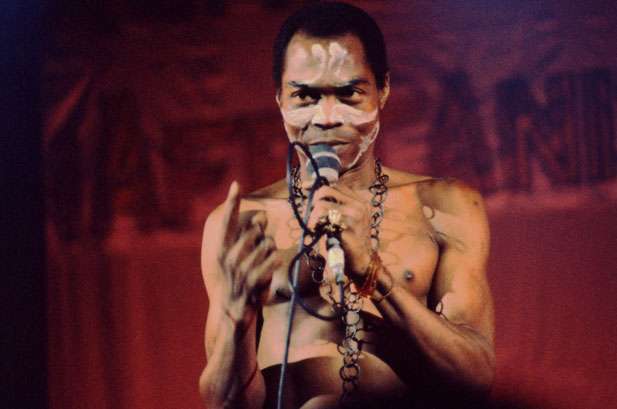
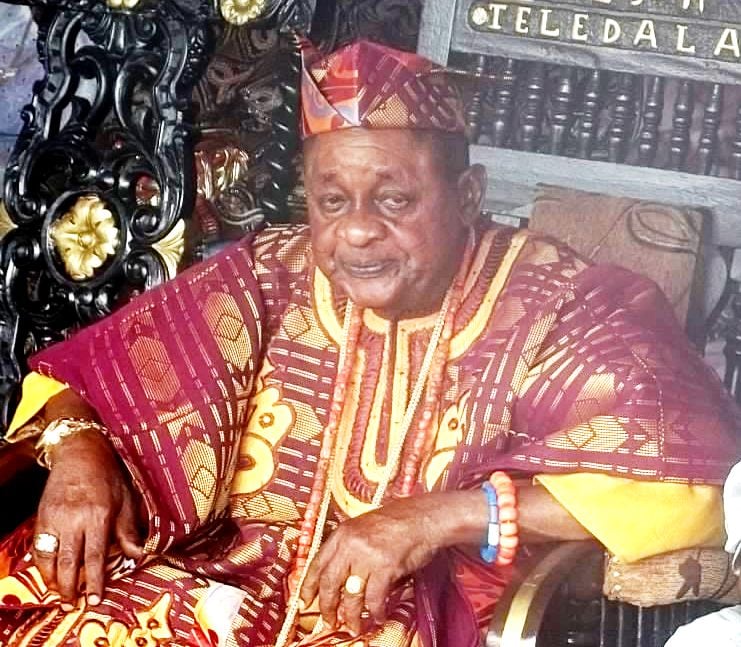
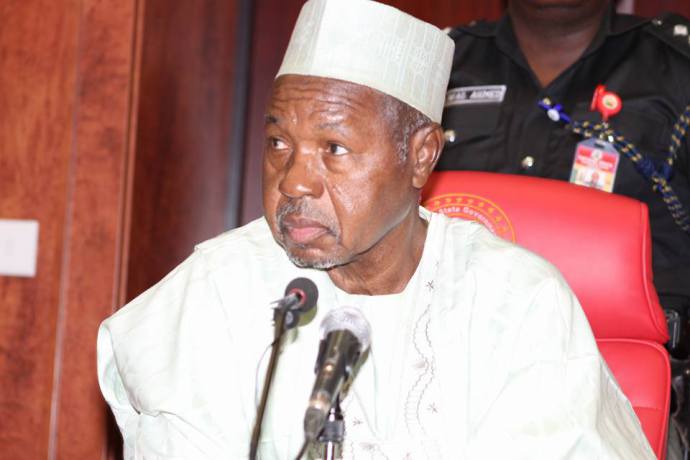


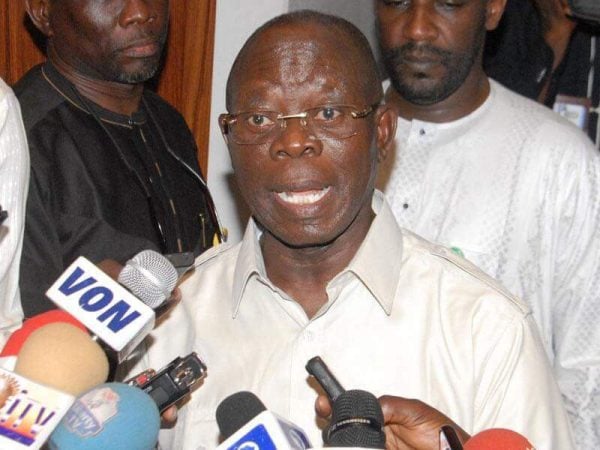
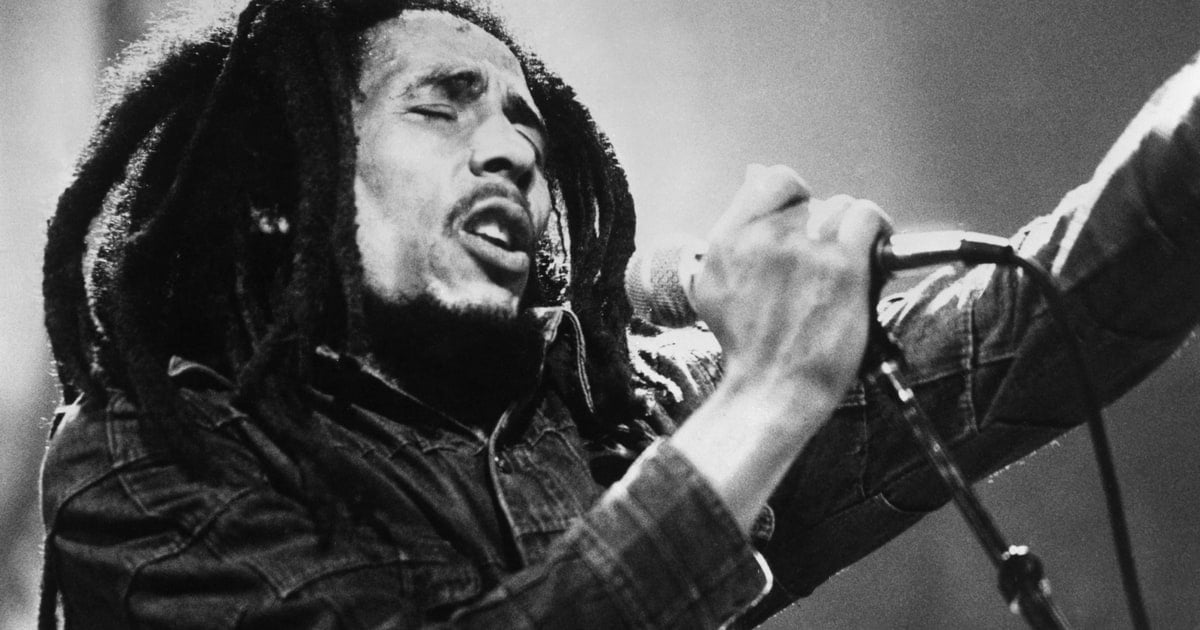
A Legend Remains a Legend. RIP baba fela